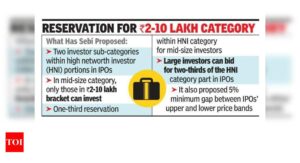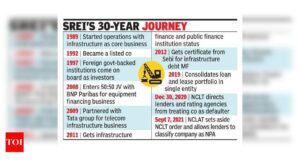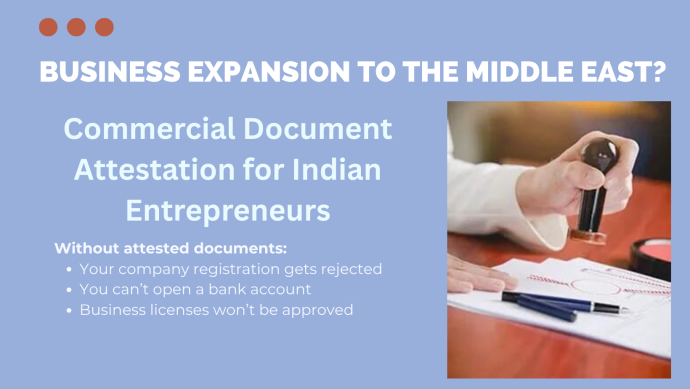Madras HC puts off 5-year motor insurance order till September 13 – Times of India

[ad_1]
In its petition, the GI Council had sought clarification on the term ‘bumper-to-bumper’ as it was not a standard industry definition. It was not clear whether the court was referring to a package cover including both third-party and own damage. The industry also wanted clarification on the classes of vehicles for which the order would apply.
“The order was issued in response to a case involving a private car. It is not clear whether the intention is to cover all vehicles or just cars,” said an industry official.
The counsel for the industry body also said that there were a number of interested parties in the order, like the Insurance Regulatory and Development Authority of India, whose views need to be taken.
According to non-life industry officials, there is no reason for them to be opposing the order as it would increase the demand for comprehensive insurance.
However, the challenge was in the implementation. Even now, state authorities find it a challenge to ensure that all vehicles buy the mandated third-party insurance.
In its order, the Madras high court has put the onus of implementation on the state transport department. However, states have not been successful in ensuring compliance with the third-party cover.
Some industry officials feel that making comprehensive insurance compulsory might not be the way out to enforce a social obligation.
“It would be far simpler to declare the vehicle occupants, other than the driver, as third parties and cover them under the third-party insurance,” said an industry source.
He added that this would make them eligible to make unlimited claims under the third-party cover. While this would increase the claims ratio, the premium could be adjusted so that companies do not bleed.
[ad_2]
Source link







